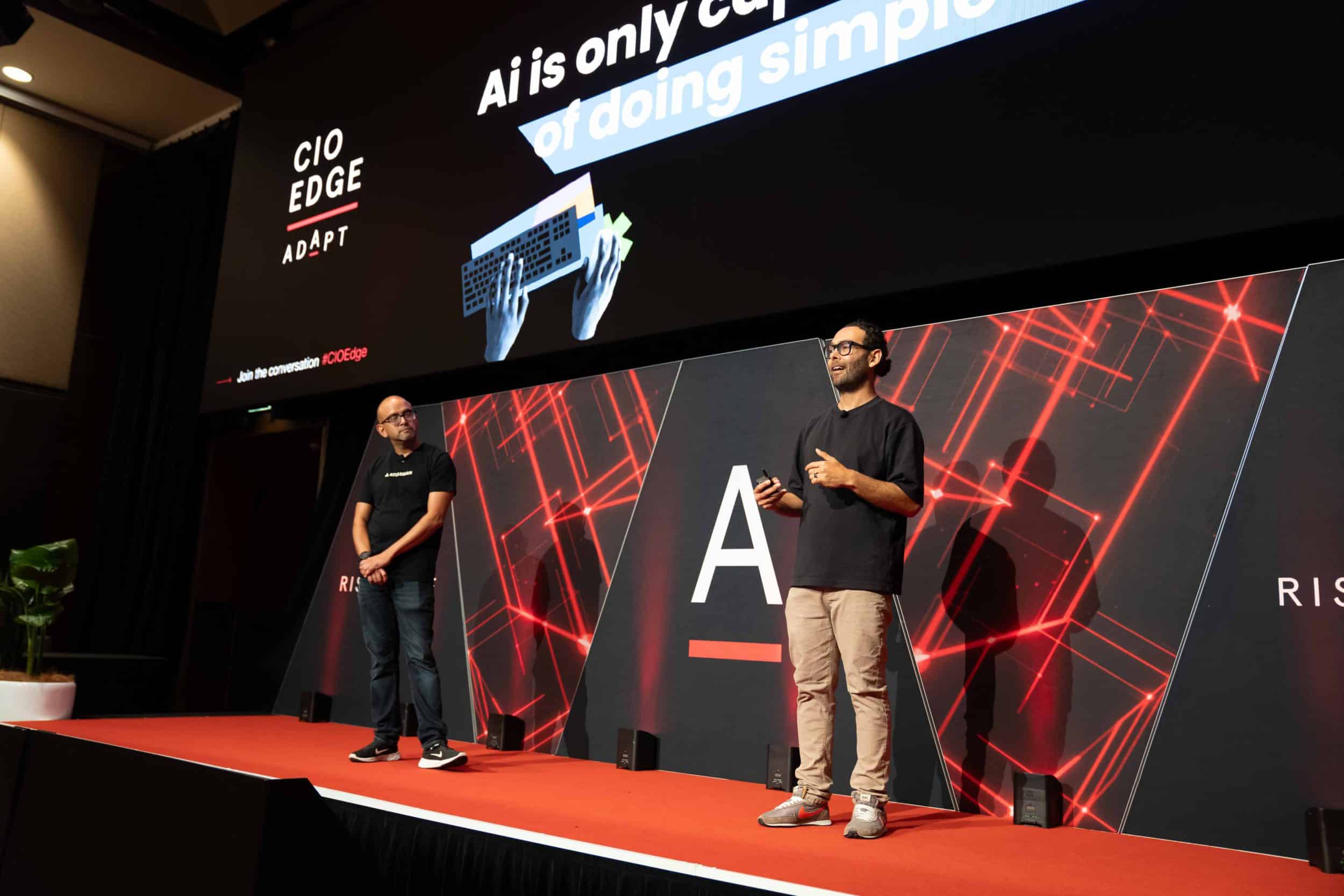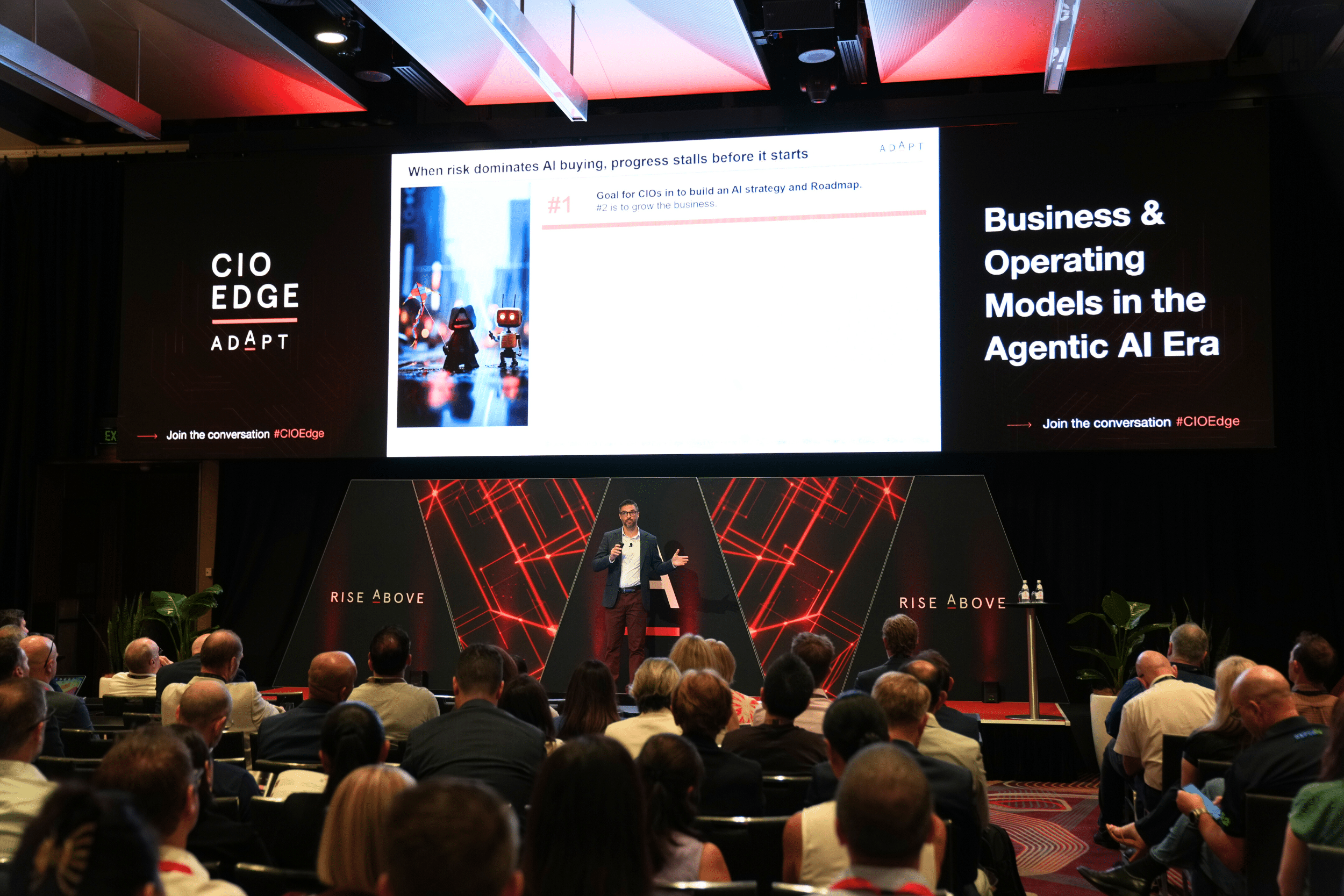How Lion Co overhauled its legacy system and designed a cloud-first future
In this CIO Edge interview, Ram Kalyanasundaram, Group Technology & Digital Transformation Director, explains how Lion Co modernised legacy systems and built a cloud-first foundation for agility and growth.In this CIO Edge interview, Ram Kalyanasundaram, Group Technology & Digital Transformation Director, explains how Lion Co modernised legacy systems and built a cloud-first foundation for agility and growth.
Ram explains that the company’s legacy systems were restricting its ability to keep pace with a rapidly changing marketplace.
With younger consumers entering the alcohol market and shifts away from core categories such as beer, Lion required technology capable of supporting business reinvention.
Their 1980s-era ERP, along with hundreds of peripheral and acquired applications, was inefficient and outdated.
To modernise, Lion undertook a “big bang” transformation, replacing the old ERP with S4 Hana and integrating systems such as Ariba, Concur, SuccessFactors, IBP, and CFC, while retiring nearly 500 legacy applications.
This overhaul created a streamlined, integrated digital landscape that boosted operational efficiency and customer experience, with 85–90% of order volume now flowing through digital channels.
The next phase of Lion’s digital transformation is a cloud-first strategy, conceived alongside the ERP modernisation.
Ram outlines the company’s aim to shift the majority of its technology infrastructure to SaaS-based or private cloud solutions, providing scalability, flexibility, and alignment with broader business goals.
By combining a modernised core ERP with cloud-first infrastructure, Lion is positioning itself to respond rapidly to market changes, enhance digital engagement, and empower marketing, sales, and finance teams to operate more efficiently in a competitive, digital-first environment.
Lion is also addressing significant technical debt while exploring AI adoption.
Ram highlights initiatives such as evaluating enterprise-specific GPT models and trialling AI use cases on platforms like AWS, Microsoft, and ServiceNow to stay ahead of technological trends.
However, moving generative AI from pilot to production presents challenges around governance, security, and regulatory compliance, with AI bots treated almost like employees in terms of oversight.
In parallel, following a major ransomware attack in 2020, Ram has overseen enhancements to cybersecurity, focusing on robust technological defences and fostering a strong cyber-aware culture through education and organisational preparedness.
Key takeaways:
- Modernising for agility: Lion replaced outdated legacy systems and hundreds of peripheral applications with S4 Hana and integrated platforms, creating a streamlined, digital-first infrastructure that supports faster business response and improves customer experience.
- Cloud-first strategy: The company is moving most of its technology infrastructure to SaaS-based or private cloud solutions, enabling scalability, flexibility, and alignment with broader business goals while reducing technical debt.
- AI and cyber security focus: Lion is exploring generative AI and other advanced technologies, addressing governance, security, and compliance challenges, while strengthening cyber security and fostering a cyber-aware culture following a major ransomware attack.






























